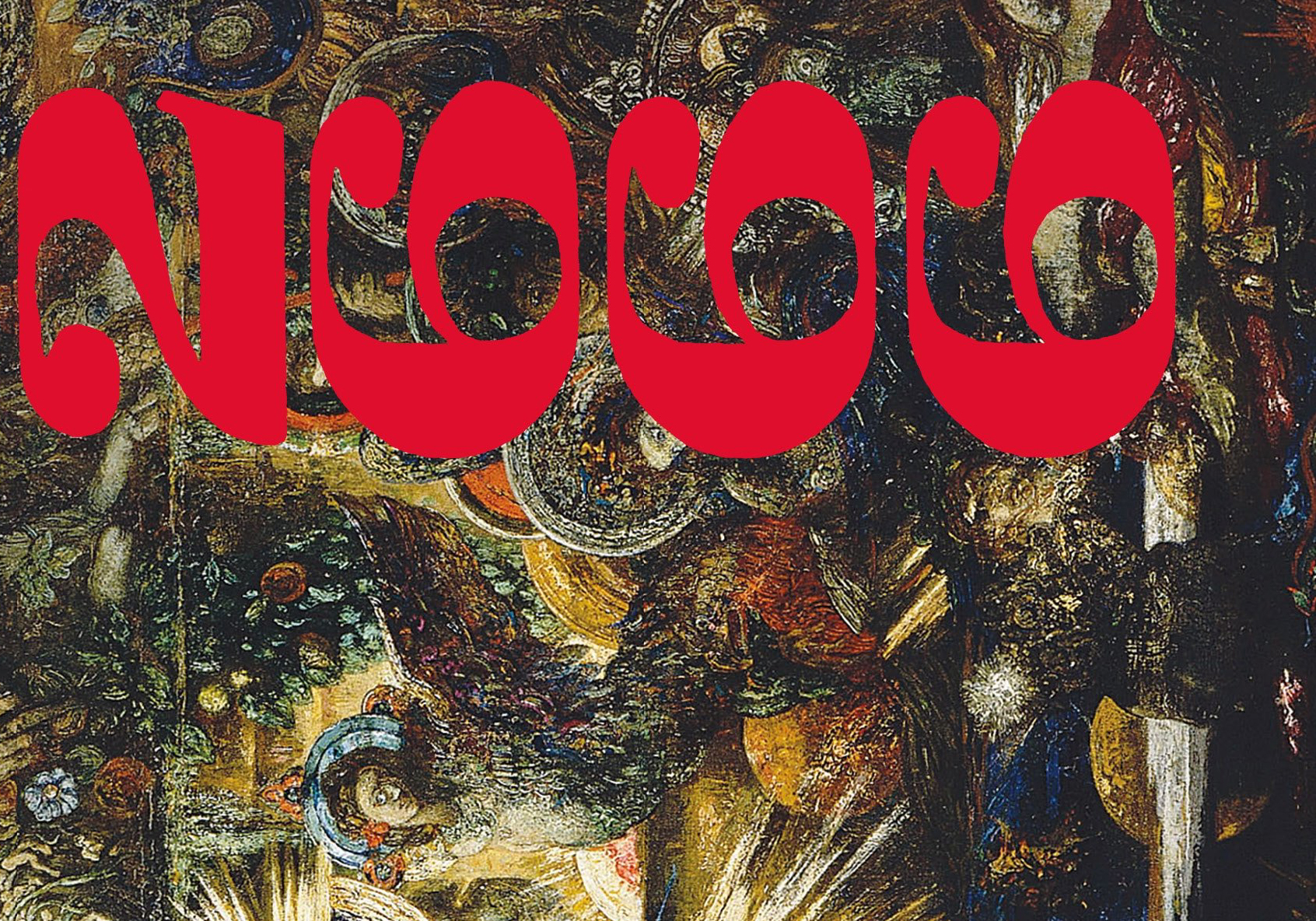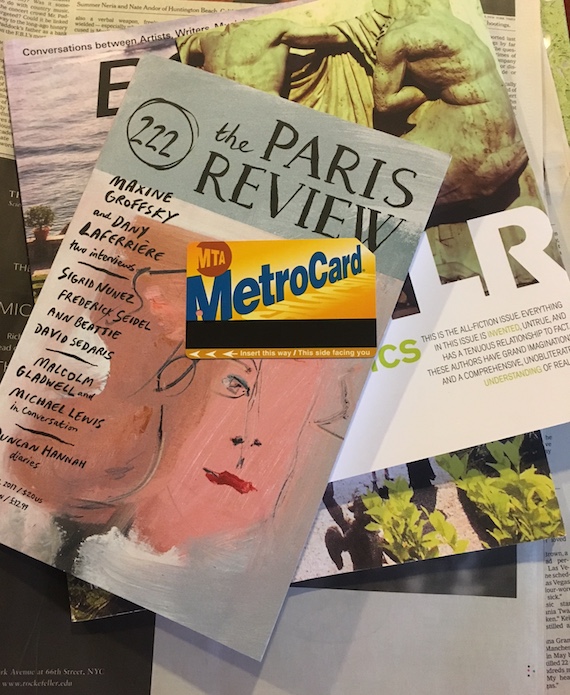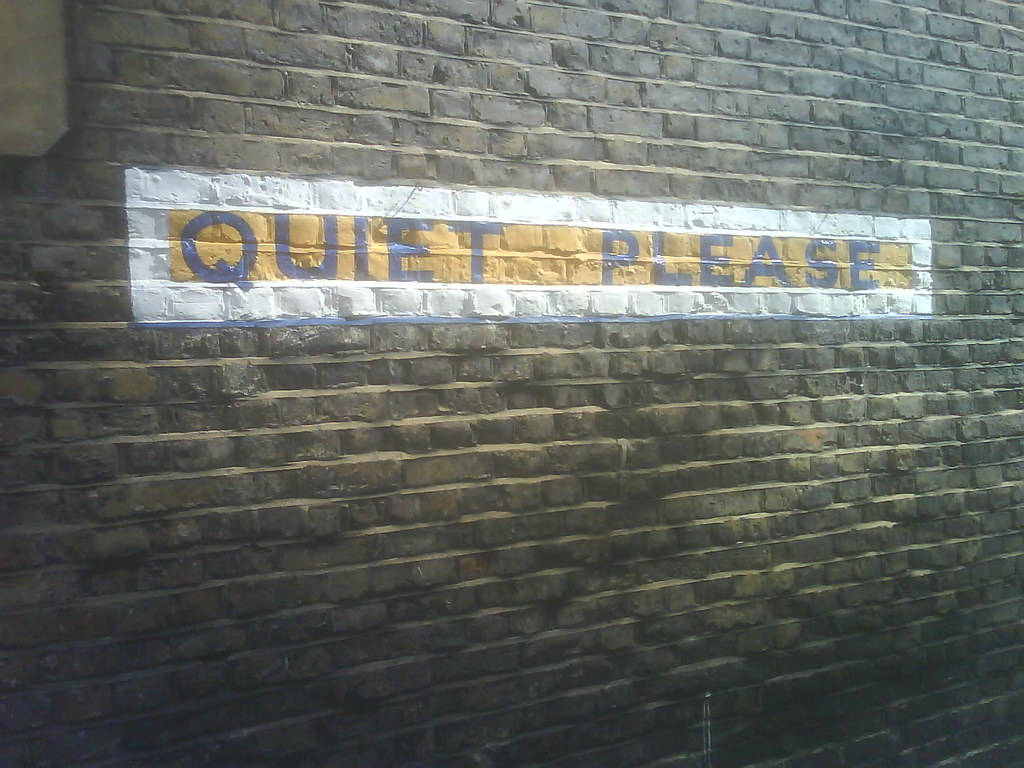 Miguel de Cervantes’ Don Quixote has been on my reading list for a long time. Upon Max Magee’s suggestion I picked up the recent translation by Edith Grossman sometime in January 2004. It took me a good 11 months to work up the appetite, desire and guts to indulge in this phenomenal piece of writing. Described by many as the beginning of modern novel, Don Quixote relates a crazed Alonso Quixano’s sallies from his native La Mancha to various provinces of Spain. Beyond the usual adventures of the windmills, freeing of the slaves, and fair Dulcinea – all of which are a part of every child’s introduction to fairy tales and literature – lies the second part of the novel. Cervantes published two Don Quixote novels, and whereas the first one colors our imaginations as children, the Part II – published ten years after Part I, in 1615 – brings forth Cervantes as a witty author who employs Don Quixote’s insanity to illustrate the genius of his loyal servant Sanco Panza; the trivial entertainments of the Duke and the Duchess, whose cunning knowledge of the first novel, which is referred to numerous times in Part II, provide for the creative and chivalric plots that the nobles employ to ridicule Don Quixote; and a grand finale of sobriety that settles for once and all the history of Don Quixote. Cervantes ends the illustrious misadventures of Don Quixote to prevent new issues of fake Don Quixote novels from appearing. Cervantes’ answer to authors who attempted to profit on the first Don Quixote’s success, one Alonso Fernandez de Avellaneda in particular, is derisive and rash – bordering on self flattery through his diatribe on other authors. Don Quixote opened a new window in my mind with its accessible language – thanks mostly to Grossman’s spectacular translation – and cunning use of word plays, romantic approach to the bygone days of knight errantry, mockery of social dogmas, integration of tangent plots – oh yes, you read at least 3 unrelated short stories in the novel – and eternally modern style. The novel’s mix of fantasy and reflections on society definitely place it in the pile of books the are must re-reads, albeit not in the short term – it will certainly take me a while to put aside another chunk of time for the second serving.
Miguel de Cervantes’ Don Quixote has been on my reading list for a long time. Upon Max Magee’s suggestion I picked up the recent translation by Edith Grossman sometime in January 2004. It took me a good 11 months to work up the appetite, desire and guts to indulge in this phenomenal piece of writing. Described by many as the beginning of modern novel, Don Quixote relates a crazed Alonso Quixano’s sallies from his native La Mancha to various provinces of Spain. Beyond the usual adventures of the windmills, freeing of the slaves, and fair Dulcinea – all of which are a part of every child’s introduction to fairy tales and literature – lies the second part of the novel. Cervantes published two Don Quixote novels, and whereas the first one colors our imaginations as children, the Part II – published ten years after Part I, in 1615 – brings forth Cervantes as a witty author who employs Don Quixote’s insanity to illustrate the genius of his loyal servant Sanco Panza; the trivial entertainments of the Duke and the Duchess, whose cunning knowledge of the first novel, which is referred to numerous times in Part II, provide for the creative and chivalric plots that the nobles employ to ridicule Don Quixote; and a grand finale of sobriety that settles for once and all the history of Don Quixote. Cervantes ends the illustrious misadventures of Don Quixote to prevent new issues of fake Don Quixote novels from appearing. Cervantes’ answer to authors who attempted to profit on the first Don Quixote’s success, one Alonso Fernandez de Avellaneda in particular, is derisive and rash – bordering on self flattery through his diatribe on other authors. Don Quixote opened a new window in my mind with its accessible language – thanks mostly to Grossman’s spectacular translation – and cunning use of word plays, romantic approach to the bygone days of knight errantry, mockery of social dogmas, integration of tangent plots – oh yes, you read at least 3 unrelated short stories in the novel – and eternally modern style. The novel’s mix of fantasy and reflections on society definitely place it in the pile of books the are must re-reads, albeit not in the short term – it will certainly take me a while to put aside another chunk of time for the second serving.
 I was distracted at times from reading Don Quixote by Oscar Wilde’s The Picture of Dorian Gray and Other Writings. Matt Clare, a close friend and literary fiend, was kind enough to present me with this magnificent work that captures a unique time period in British society. Clare’s inscription on the cover reads “no Baron [on the Trees, by Italo Calvino, which I had presented to him earlier] to be sure, [but] the Lord may still have something to teach us.” Indeed, Lord Henry Wotton quickly became a new idol of mine, decadent and lost, with no particular interest in anything that the London high society of the 1880s held dear, nor any high aspirations that provided for the chatter at tea parties. The Jekyll and Hyde nature of The Picture of Dorian Gray presents vain struggles and trivial issues in an intentionally serious tone, which mocks the core of British culture at the time. There is much to be said about the twists and turns of The Picture of Dorian Gray, which keep the reader on his toes and makes the story an amazing, insightful and philosophical page turner. What follows in the 4 plays and final ballad also collected under the same volume (Lady Windermere’s Fan, Salome, An Ideal Husband, The Importance of Being Ernest, and The Ballad of Reading Gaol) is not as intense as the opener, but nevertheless very entertaining and universal. Oscar Wilde’s only drawback is the limited nature of his subjects, but he does a phenomenal job in conveying the stuck up nature of the crowd that he once was a part of.
I was distracted at times from reading Don Quixote by Oscar Wilde’s The Picture of Dorian Gray and Other Writings. Matt Clare, a close friend and literary fiend, was kind enough to present me with this magnificent work that captures a unique time period in British society. Clare’s inscription on the cover reads “no Baron [on the Trees, by Italo Calvino, which I had presented to him earlier] to be sure, [but] the Lord may still have something to teach us.” Indeed, Lord Henry Wotton quickly became a new idol of mine, decadent and lost, with no particular interest in anything that the London high society of the 1880s held dear, nor any high aspirations that provided for the chatter at tea parties. The Jekyll and Hyde nature of The Picture of Dorian Gray presents vain struggles and trivial issues in an intentionally serious tone, which mocks the core of British culture at the time. There is much to be said about the twists and turns of The Picture of Dorian Gray, which keep the reader on his toes and makes the story an amazing, insightful and philosophical page turner. What follows in the 4 plays and final ballad also collected under the same volume (Lady Windermere’s Fan, Salome, An Ideal Husband, The Importance of Being Ernest, and The Ballad of Reading Gaol) is not as intense as the opener, but nevertheless very entertaining and universal. Oscar Wilde’s only drawback is the limited nature of his subjects, but he does a phenomenal job in conveying the stuck up nature of the crowd that he once was a part of.
Related: Max’s thoughts on Don Quixote









